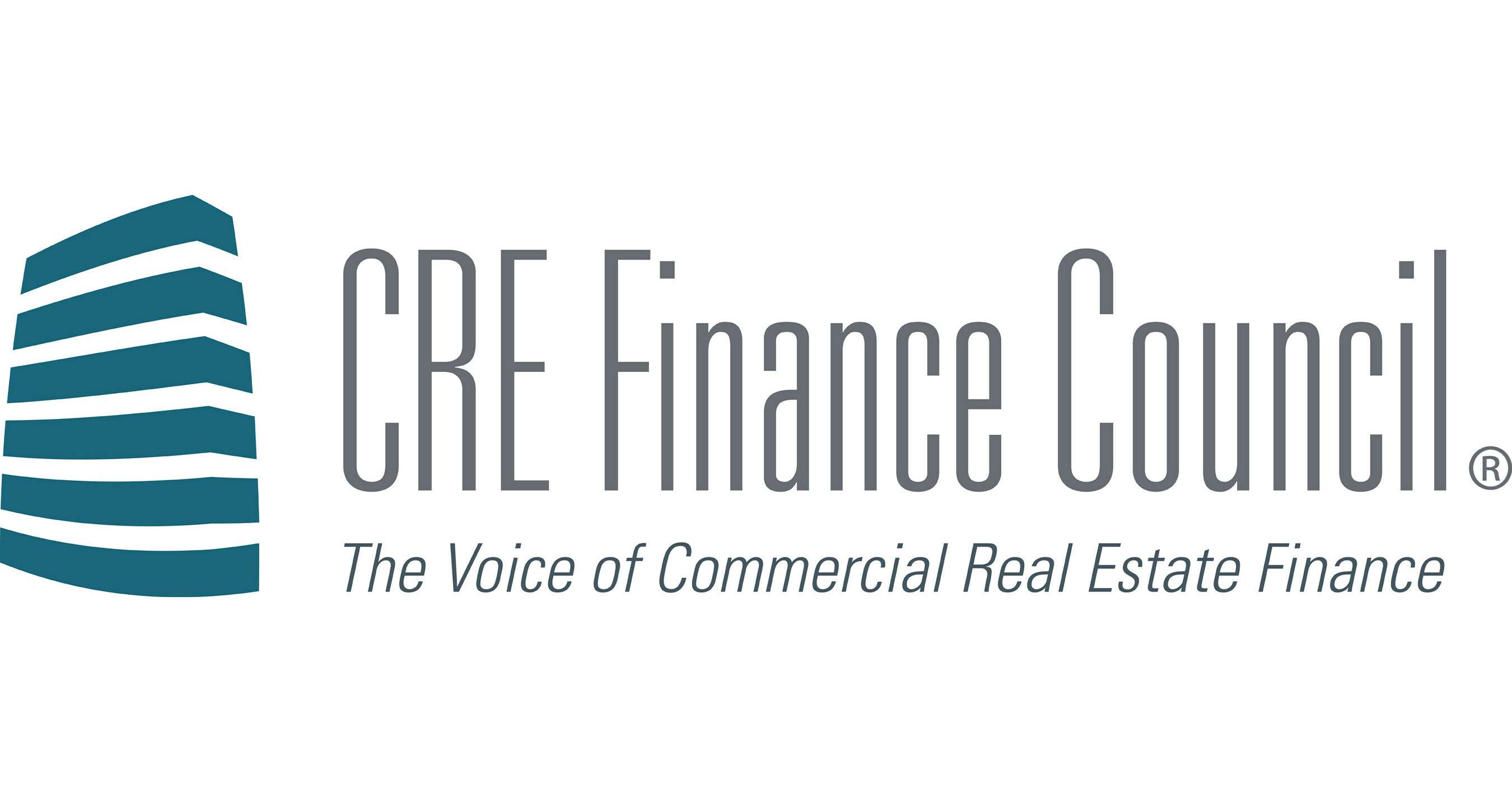M
assachusetts will enforce a new real‑estate rule on Oct. 15 that bars sellers from accepting offers in which the buyer has waived a home‑inspection. The measure, added to last year’s multi‑billion‑dollar housing bill, guarantees every purchaser the right to a professional inspection and the option to withdraw if the findings are unacceptable. Supporters argue the law shields buyers from costly hidden defects, while critics say the market’s own adjustments make it redundant.
Lenny Licari, a seasoned inspector who has examined 24,000 homes in 32 years, says he can’t fathom why anyone would agree to skip an inspection. “Buying a $1.2 million house without knowing its condition is beyond comprehension,” he remarks. Yet during the post‑pandemic boom in Greater Boston, many buyers waived inspections to sweeten their bids. Some later regretted the decision when serious problems surfaced after closing.
Anthony Lamacchia, CEO of Lamacchia Companies, acknowledges inspections are wise but doubts the necessity of the new law. “As inventory rises, fewer buyers skip inspections,” he notes. “Removing that option may not be sensible.” Nevertheless, the law will take effect on Oct. 15. Once an offer is accepted, both parties must sign a disclosure form confirming the buyer’s right to inspect. The standard Massachusetts contract will now state that this right cannot be waived. Buyers will decide what repair costs justify walking away, while sellers are prohibited from accepting offers if they know the buyer intends to waive the inspection.
Lamacchia points out that buyers can still choose not to inspect; the problem lies in waiving it upfront. He also observes that higher interest rates and cooling prices have already curbed the practice of skipping inspections, suggesting the market is self‑correcting. Licari believes the law will cement this trend and also benefit sellers, who become buyers after selling and then gain the same inspection right.
The statute exempts a few situations: properties sold at auction, transferred to a trust or family member, and new construction provided the builder offers a one‑year warranty. Compliance falls on sellers and their listing agents, who must ensure the new requirements are met.
The new rule is part of a broader effort to protect homebuyers in a market that has seen rapid price growth and limited inventory. By making inspection a non‑negotiable component of the purchase process, lawmakers hope to reduce the number of post‑closing disputes and the financial burden on buyers who discover hidden defects after the fact. The law also clarifies that sellers cannot benefit from a buyer’s decision to waive an inspection; if a seller knows a buyer intends to waive, the offer must be rejected.
Industry experts note that the change will likely increase the number of inspections conducted, as buyers who previously might have waived will now be required to obtain one. This could lead to a more informed market, with buyers better able to negotiate repairs or price adjustments based on concrete findings. Sellers, on the other hand, will need to be more transparent about the condition of their properties and may face higher upfront costs if they must address issues before closing.
The law’s exceptions reflect practical considerations. Auction sales often involve limited time for inspections, and transfers to family or trusts may be governed by different legal frameworks. New construction is excluded on the premise that builders typically provide warranties covering major defects for a year, reducing the need for a separate inspection.
Enforcement will rest with the state’s real‑estate regulatory bodies, which will monitor compliance through the disclosure forms and contract language. Listing agents will play a key role in ensuring that sellers understand their obligations and that buyers are aware of their rights. Failure to comply could result in penalties or the invalidation of a sale.
In sum, the October 15 law aims to level the playing field by guaranteeing every buyer the opportunity to inspect a property before finalizing a purchase. While some market participants view it as an unnecessary regulation, others see it as a necessary safeguard against costly surprises. The real‑estate community will watch closely to see whether the new rule achieves its intended goal of protecting buyers and fostering a more transparent market.














